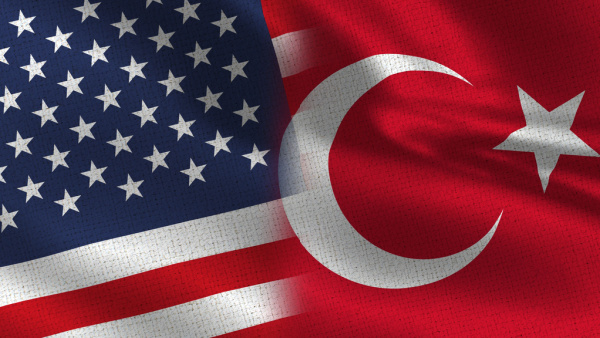Turkey and the United States: A Relationship Restored?
By Barçın Yinanç
March 11, 2024
The diplomatic traffic between Ankara and Washington on handling Sweden’s NATO entry process is emblematic of the erosion of trust between the two allied countries. Nonetheless, Turkey’s ratification of Sweden’s NATO membership and the Biden administration’s subsequent acquiescence to the F-16 sale to Turkey – and the suggestion that Turkey might even be invited back to the F-35 program if it gets rid of its Russian S400 missiles – have restored the bilateral relationship, even though there is still a gap of mistrust between the two allies that will take time to bridge. The crisis in the Middle East compels the U.S and Turkey to cooperate closer but Ankara and Washington will still need to make a sustained effort to rebuild their mutual confidence that the missteps of both sides have eroded.
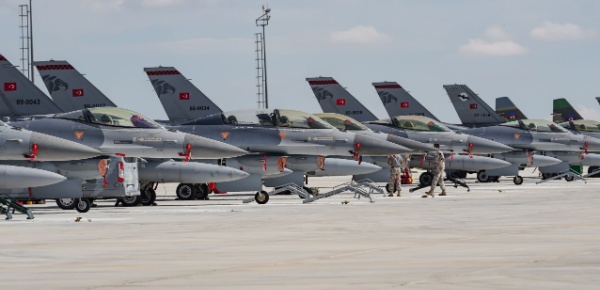
Erdoğan Is Not About to Pivot to the West
By Barçın Yinanç
August 17, 2023
It is naïve to expect Turkey to distance itself from Russia. As in the past, Turkish-Russian cooperation will go hand in hand with competition as the two leaders cannot afford to sever their ties. Erdoğan is unlikely to pivot to the West at the expense of turning his back to Putin. He is likely to continue his careful balancing act between Russia and the West. While there are reasons that impel Erdoğan to improve Turkey’s relations with its Western partners, the Turkish president must in fact also make sure to nurture the relationship with Russia. Erdoğan will use the ratification of Sweden’s NATO membership and his ties to Putin as leverage on the EU.
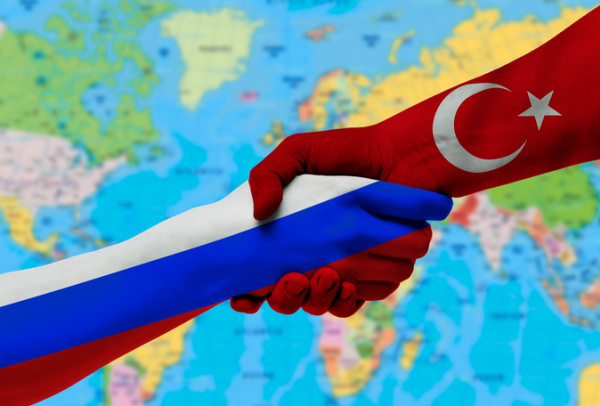
Turkey Threads the Needle on NATO Expansion
Barçın Yinanç
Turkey wants to press the point that it is not an unreliable NATO ally and disprove the suspicion that it is in cahoots with Russia. The ratification of Finland’s NATO membership aims at debunking theories that Turkey is delaying the approval process of NATO’s Nordic enlargement in order to please Russia. In fact, the anti-Russian steps that Turkey has taken since Russia’s invasion of Ukraine are more than meets the eye. Turkey represents the main NATO asset in counterbalancing Russia in the Black Sea which has become a new center of gravity for NATO strategy and operations. But Turkey’s loyalty with NATO does not mean that it will soon ratify also Sweden’s membership, even if the opposition wins the upcoming presidential and parliamentary elections.
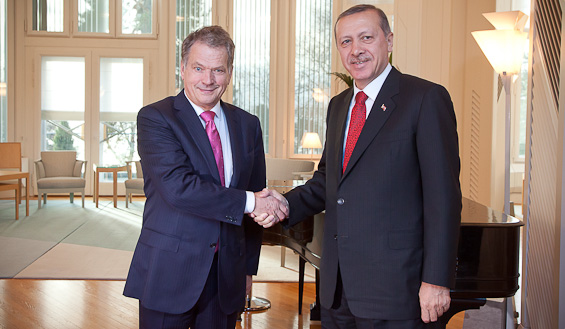
The Reset of the Nation Alliance: Returning Turkey to the West
By Barçın Yinanç
March 9, 2022
The Nation Alliance reasserts Turkey’s place in the West and as a Western democracy. In case of victory, the Turkish opposition alliance will orchestrate a careful distancing from Russia and reset Turkey’s relations with its Western allies. What the main Turkish opposition alliance holds forth is a return to the decades-long principles of the Turkish republic that will be marking its centenary this year. These include, notably, the principle of non-interference in internal affairs of other nations. The opposition pledges to “put an end to practices based on domestic political calculations and ideological approaches in foreign policy.”
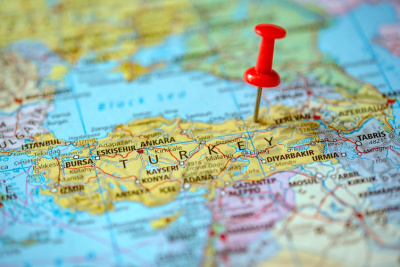
Allies or Adversaries? The Confidence Gap between the U.S. and Turkey Needs to be Addressed
By Barçın Yinanç
November 17, 2022
Washington’s response to Turkey’s foreign policy choices has been to look for other allies that are either at odds with Turkey, like Greece, or which confront it, as Kurdish groups in northern Syria do. This is a risky strategy. U.S. policy makers need to be cognizant that the more the confidence gap between Ankara and Washington persists, the more it will benefit Russia that is set to use it to advance its own interests.
